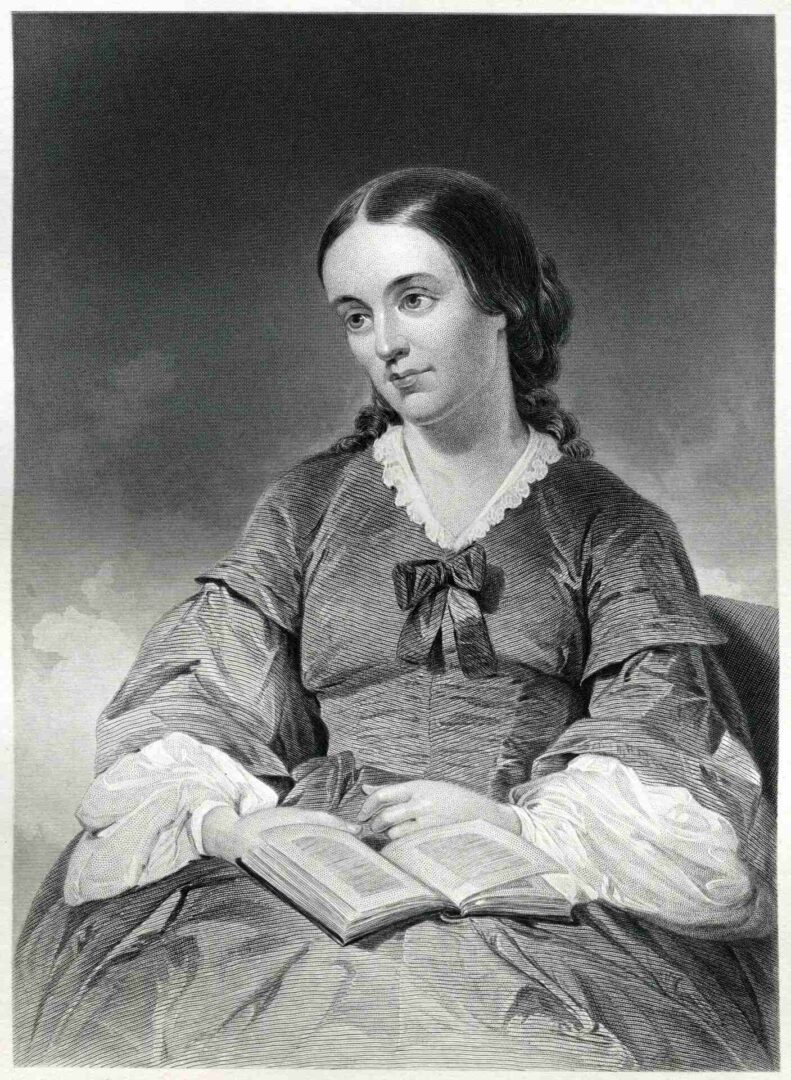History of The Margaret Fuller House
Built in 1807 as the childhood home of Sarah Margaret Fuller, a noted author, feminist, and Transcendentalist, our house on Cherry Street was transformed in 1902 as one of the first Settlement Houses in the United States.
During the Industrial Revolution, recent immigrants working in factories lived in poor conditions. Embracing the Settlement House movement, MFNH became a center of education and culture, aiming to ease class tensions.
Through the decades, MFNH has hosted various programs, including woodworking for boys, sewing and cooking for girls, drama classes, boxing and teen sock hops. In the early 1970s, the Black Panthers hosted a complimentary breakfast and educational program, and in the mid-1970s, young adults started a local radio station. The legendary Fanny Greene hosted the High Steppers drill team for neighborhood youth. Designated a National Historic Landmark in 1984, MFNH continues its mission to provide focus, education, recreation, and orientation for its community, fostering interaction between the middle and working classes.

Please stop by our home on Cherry Street any weekday for a "welcome to the neighborhood" or a "welcome home."
In Remembrance of Margaret Fuller

Ralph Waldo Emerson once expressed that
"Her conversations were the most entertaining in America…"
Born in 1810 at 71 Cherry Street in Cambridge, Sarah Margaret Fuller was an extraordinary author, editor, journalist, literary critic, educator, Transcendentalist and women's rights advocate. A guiding light of the first wave of feminism, Fuller empowered women through her influential conversations, encouraging them to read, think, and discuss significant issues. Her groundbreaking writings, particularly her landmark book Woman in the Nineteenth Century, have inspired generations.
Among her many accomplishments, Margaret Fuller was:
Fuller's visionary ideas on social and personal transformation, intellectual freedom, religious pluralism, democracy, and human rights continue to resonate in the 21st century.
Upon her untimely death in 1850, Emerson lamented, "I have lost her in my audience." Margaret Fuller was a brilliant, passionate, and unconventional woman in the highly conventional Boston of the early 19th century.
